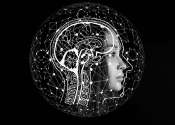GitHub's Copilot may lead to global $1.5 trillion GDP boost
A study of the soaring use of artificial intelligence in software creation says we are in the midst of "a sea change" in program development that will ultimately boost local global gross domestic product by $1.5 trillion ...









